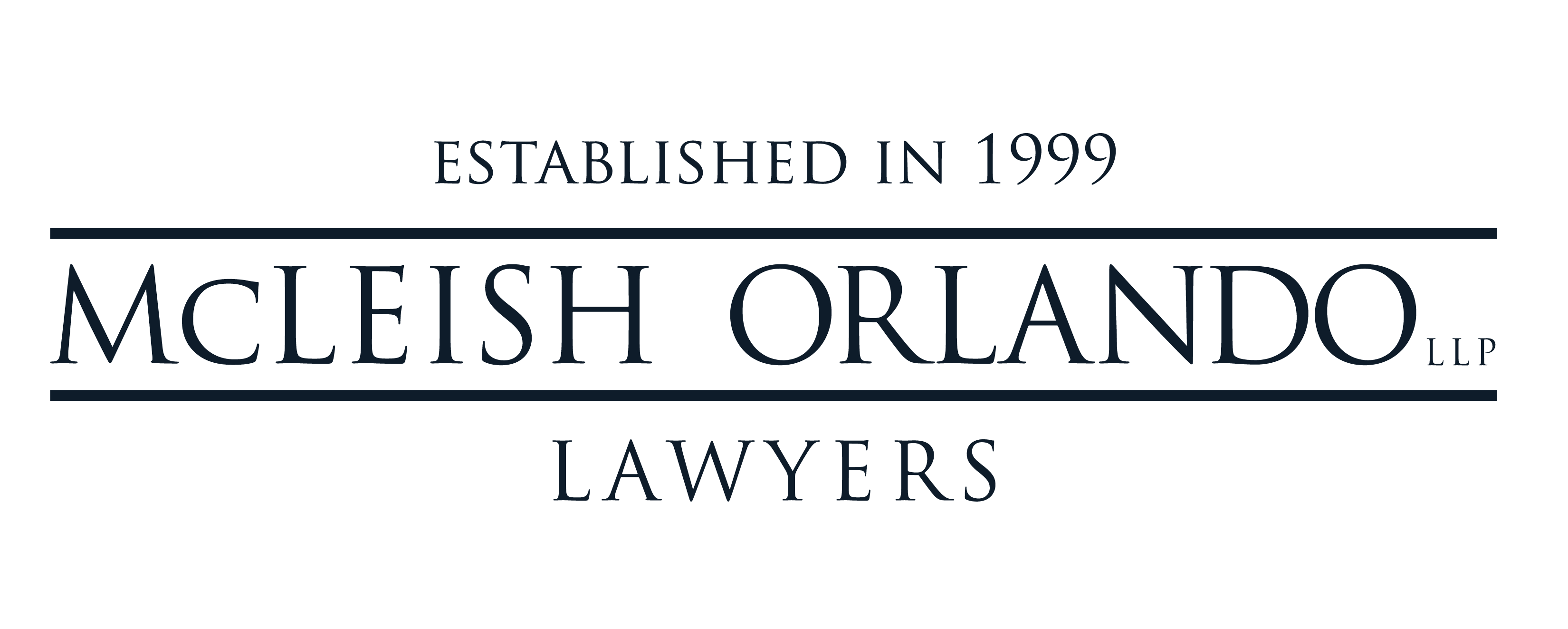Written By: Lindsay Charles, Partner and Rosanna Zitoli, Summer Student
Introduction
According to Ontario Auto Insurance and the Statutory Accident Benefits Schedule (“SABS”), a “dependant” is defined as someone who is “principally dependent for financial support or care” on the insured person [s. 7(b)]. “Dependency” is assessed based on four criteria, per Miller: (i) amount of dependency; (ii) duration of dependency; (iii) financial or other needs of the alleged dependent; and (iv) the ability of the dependent to be self-supporting.
Following the case of Oxford, the Court of Appeal has mandated that the time frame to use when examining principal dependency relies upon a “big picture” approach. Although interpretation on a case-by-case basis should be used when assessing who is accepted as a dependant, it is far too often that when the claimant is not a spouse or young child of the policyholder, the insurer rejects the claim. The License Appeals Tribunal (“LAT”) applies a “balance of probabilities” in assessing whether an individual is principally dependent for care on another. There is a focus placed on the distinguishment between financial support and the multifaceted elements of being dependent on another for “care”, which extends far beyond simple financial assistance.
Background
The central focus of this dispute before the LAT was whether Stephane Okenge, the younger brother of the policy holder, was a “dependant” and therefore entitled to accident benefits under his sister’s automobile and home policy with Certas Home and Auto.
Stephane moved away from his mother’s home in Africa at the age of 14, relocating to reside with his sister in Ottawa where he attended high school at an elite basketball program. He would board throughout the week and spend weekends and holidays at his sister’s apartment. He then was scouted to attend an international prep school for basketball at the age of 17, forcing him to relocate again to Oklahoma City. Again, whenever he would have a break from training or school, short or long, he would return to residing with his sister in Ottawa. He was then awarded a basketball scholarship to attend York University in Nebraska where he relocated to yet again.
Only 2 short months later, Stephane was involved in a serious accident where he suffered a severe spinal cord injury, rendering him tetraplegic. When an Application for Accident Benefits was submitted to his sister’s insurance company, the insurer denied it, stating that Stephane was a dependant of his mother, not his sister. His mother still resided outside of the country and therefore has no coverage under any Ontario insurance policy for him to be claiming under. This would mean that Stephane would be left to suffer a catastrophic and life-altering injury without access to any insurance for medical bills, rehabilitative therapy, care, and more. While his mother sent him money from time to time between 2017-2022, Stephane had not been provided with housing or physical care from his mother. His sister was the one who was providing him with that upon his move to Ottawa up until the accident.
Decision
Adjudicator Melanie Malach applied a balance of probabilities test to determine that Stephane was indeed principally dependent on his sister for care. She focuses her interpretation of a “dependant” in a remedial nature, per the decision in Smith whereby insurance coverages must be broadened to include members of family units as persons insured under the policy. Just because Stephane was away for school does not mean that he did not also belong to a home that he would retreat to on holidays and off-season. If an individual is not entirely “self-supporting”, the only answer is that they are someone’s dependant.
Heavily relying on the directly analogous prior decisions of Gardiner and Harris, the unique nature of a student who is attending school away from home imposes challenges in the interpretation of the law on dependants. To arrive at the decision of this case, a determination of what the “home base” was for Stephane was integral. Seeing as though there is a great deal of interpretation afforded when assessing this issue in particular, as well as various other within the SABS, this case cites to Oxford in reminding that the “big picture” approach must be used when determining issues of principal dependency for care.
The court rejected that there must be a present element of vulnerability, as relied upon by the insurer, citing Echelon. The insurer also attempted to focus on the fact that Stephane was self-supporting and therefore did not have the ability to claim as a dependant. The LAT rejected this as well, acknowledging that he was a student during those years and was most definitely faced with various decisions and situations where support was required. His sister was the one who assisted him when needed, supporting him through any time he required it.
Adjudicator Malach addresses care on a comparative spectrum, measuring the care provided by Stephane’s mother against the care provided by his sister, qualitatively. Ultimately, it was determined that dependency extends beyond financial support. Being dependent on another is more about the “care” provided. Stephane had not lived with his mother since 2017 and was primarily receiving care and support from his sister. The court acknowledged that Stephane was dependent on his sister for an extended duration prior to the accident. While his mother may have provided him with some financial assistance, that is not the threshold of dependency previously used by the courts and it is therefore not the threshold that should be used when assessing the case at hand.
Stephane is therefore deemed an insured person under the policy issued to his sister by the insurer.
Takeaways
This decision provides further guidance to insurance companies, as well as to the LAT, when determining who can be classified as a dependant under a policy. The focus on “care” over “financial support” allows for more structure in the interpretation of who may be eligible to claim for accident benefits under a policy in which they are not directly named. When paying into insurance policies and premiums, we want to ensure that all of our loved ones are cared for should a catastrophic event ensue. This decision provides more comfort that those loved ones will be supported.





